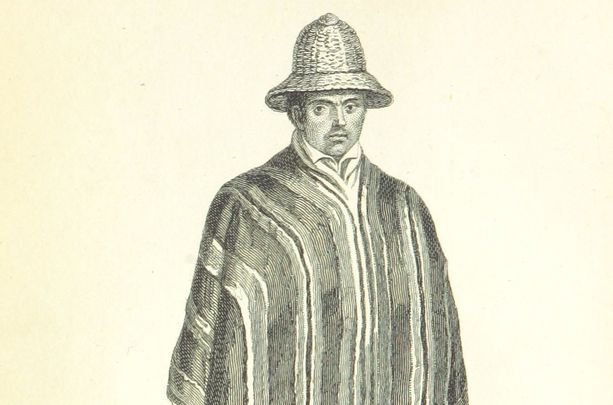A 19th-century Irish adventurer and explorer is credited with introducing the potato to Greece shortly after it won its independence from the Ottoman Empire.
William Bennett Stevenson's long and storied history began with his arrival in Chile in 1803.
Stevenson intended to explore the South American country but was arrested shortly after his arrival and subsequently jailed for eight months due to ongoing hostilities between England and Spain.
Following his release, Stevenson came to the attention of the colonial governor Count Ruiz de Castilla, the president of Quito in present-day Ecuador.
Stevenson was appointed as Castilla's secretary but later joined the rebels in Ecuador's War of Independence in 1809 and became governor of the Ecuadorian province of Esmeraldas a year later.
In 1818, Stevenson joined famous British naval captain Lord Cochrane as a secretary and participated in several naval operations in South America.
It is believed that Cochrane first brought Stevenson to Greece in the 1820s, where Stevenson became an agricultural advisor to Ioannis Kapodistrias, the first governor of a newly-independent Greece.
Appalled by the poverty he witnessed in the newly-independent country, Stevenson pleaded with Kapodistrias to allow him to use his knowledge of farming to help feed the Greek population, according to the Irish Times.
In 11 different letters, Stevenson described the conditions necessary for the growth of potatoes, also guiding Kapodistrias on the growth of maize and fruit trees.
Stevenson ordered that a large shipment of potatoes be sent to Greece from Liverpool and proposed digging in the rock-hard ground with crowbars.
He struggled to find suitable land to grow potatoes but eventually discovered a marshy lowland next to the Damala River, which would provide a rich harvest.

Love Irish history? Share your favorite stories with other history buffs in the IrishCentral History Facebook group.
Greek people initially thought potatoes looked ugly and rejected the new food source, but local legend states that Kapodistrias arranged for potatoes to be placed under armed protection in fortified buildings to give off an impression of importance.
Seeing this perceived importance, locals began to break into the buildings and steal the tubers, ensuring that potatoes took hold in Greece.
Stevenson's health was deteriorating by the latter part of 1828 and he left Greece for London. Dr J Patrick Greene, Museum Director of EPIC, told the Irish Times that it is believed Stevenson was suffering from malaria at the time he left for London.
Greene added that it was almost impossible to trace details of Stevenson's life after leaving Greece or his early Irish upbringing.




Comments